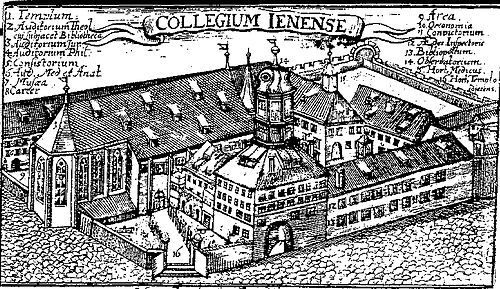Lutheranismnoun
The doctrines taught by Luther or held by the Lutheran Church.
Lutheranismnoun
teachings of Martin Luther emphasizing the cardinal doctrine of justification by faith alone
Lutheranism
Lutheranism is one of the largest branches of Protestantism that identifies with the teachings of Jesus Christ and was founded by Martin Luther, a 16th-century German reformer whose efforts to reform the theology and practice of the church launched the Protestant Reformation. The reaction of the government and church authorities to the international spread of his writings, beginning with the 95 Theses, divided Western Christianity.
Calvinismnoun
The theological tenets or doctrines of John Calvin (a French theologian and reformer of the 16th century) and his followers, or of the so-called calvinistic churches.
Calvinismnoun
the theological system of John Calvin and his followers emphasizing omnipotence of God and salvation by grace alone
Calvinism
Calvinism (also called the Reformed tradition or Reformed Protestantism) is a major branch of Protestantism that follows the theological tradition and forms of Christian practice set down by John Calvin and other Reformation-era theologians. It emphasises the sovereignty of God and the authority of the Bible.










































